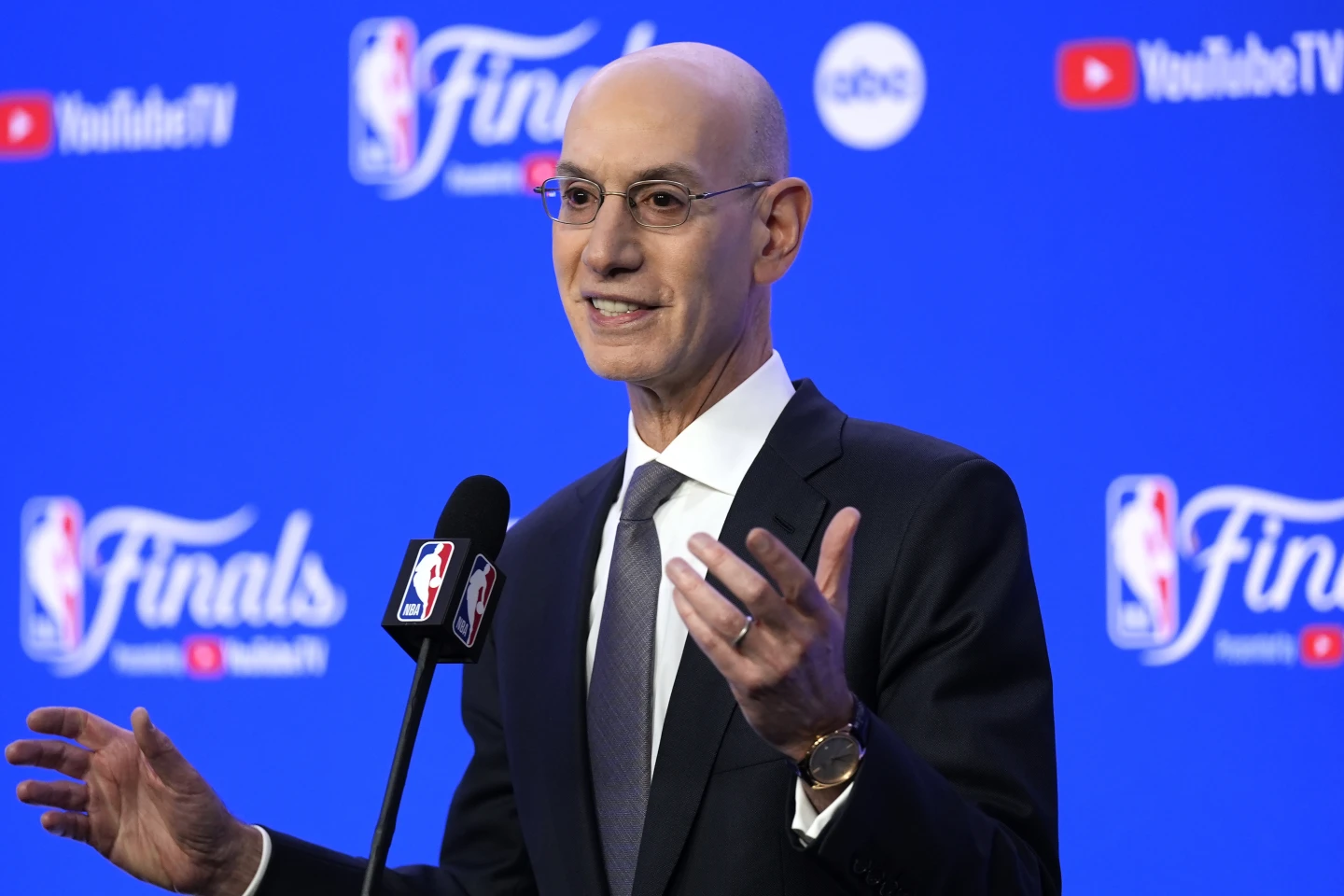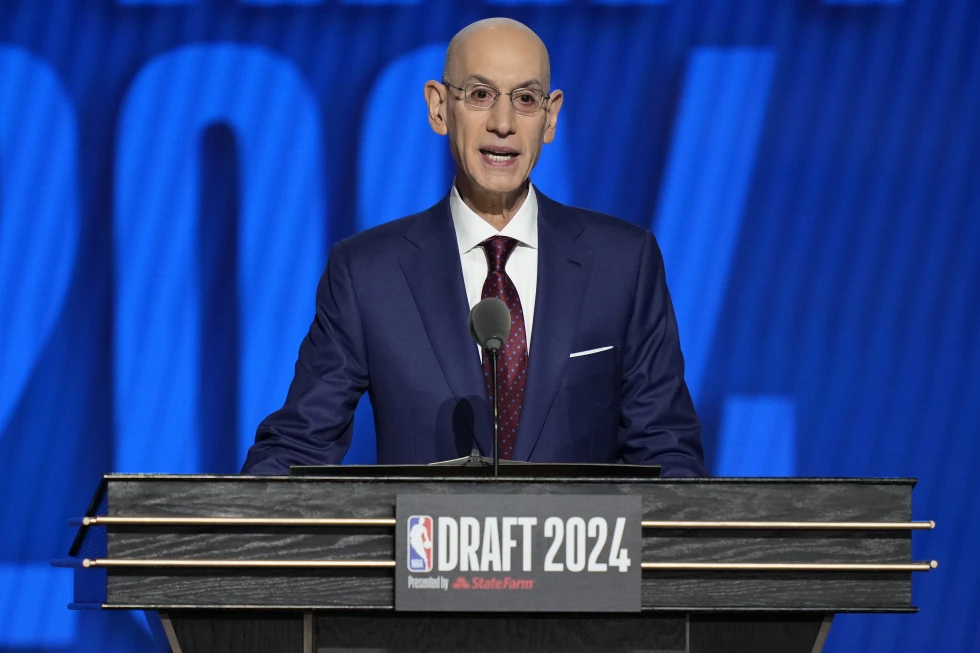“Betting on professional sports is currently illegal in most of the United States outside of Nevada. I believe we need a different approach.”
The upcoming 10th anniversary of NBA Commissioner Adam Silver writing those two sentences is important because those words were part of a movement that changed the sports scene and made betting on games — a controversial issue for many years — more accepted.
These two sentences began an opinion piece that Silver wrote for The New York Times, first seen on the newspaper’s website on Nov. 13, 2014, and in print the next day. He wrote the piece himself, not even sure where it would lead.
The headline: “Legalize and Regulate Sports Betting,” marked a big change from the NBA’s earlier stance on the topic. Silver was just trying to start a conversation. A decade later, the NBA has more than two dozen partnerships with gaming companies.
Now, the idea of sports betting is no longer just a conversation. It’s become a major trend.
“I’d say when it comes to sports betting, I certainly don’t regret writing that op-ed piece and being in favor of legalized sports betting,” Silver said. “I still think you can’t turn the clock back.

I think, as I said at the time, with the advent of the internet, widely available sports betting online… that we had to deal directly with technology and recognize that if we don’t legalize sports betting, people are going to find ways to do it illegally.”
Silver’s op-ed did not change the betting scene on its own, but it clearly helped start the movement. At first, the change was slow; nearly four years after he wrote the op-ed, the U.S. Supreme Court struck down a federal law that banned gambling on football, basketball, baseball, and other sports in most states, allowing states to legalize sports betting.
This law, the Professional and Amateur Sports Protection Act, had been in place since 1992 and stopped state-authorized sports gambling with some exceptions. It made Nevada the only state where a person could bet on the outcome of a single game.
In the first four years after PASPA was struck down, Americans legally wagered $125 billion on games.
